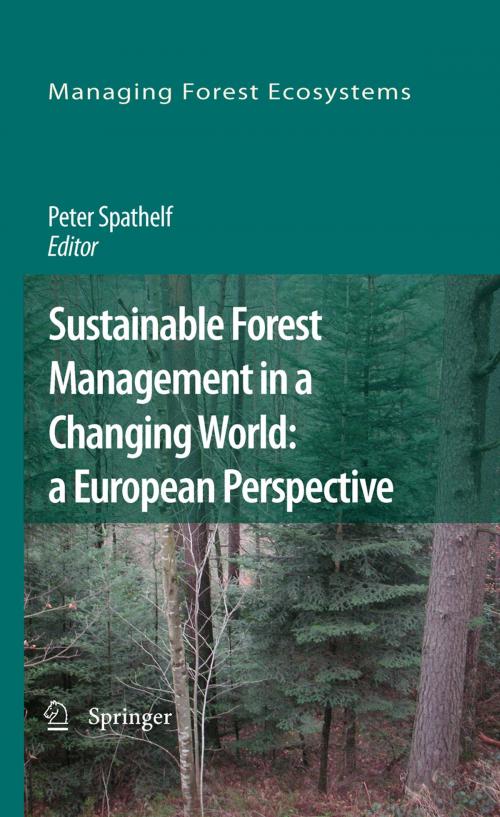Sustainable Forest Management in a Changing World: a European Perspective
Nonfiction, Science & Nature, Science, Biological Sciences, Ecology, Technology, Agriculture & Animal Husbandry| Author: | ISBN: | 9789048133017 | |
| Publisher: | Springer Netherlands | Publication: | December 4, 2009 |
| Imprint: | Springer | Language: | English |
| Author: | |
| ISBN: | 9789048133017 |
| Publisher: | Springer Netherlands |
| Publication: | December 4, 2009 |
| Imprint: | Springer |
| Language: | English |
Yet another book on the topic of ‘Sustainable Forest Management’ can only be justified by new information that is of direct relevance. The contents of this volume concentrate on the very latest factors and developments, thus, hopefully, contributing both to the book’s attractiveness and to closing gaps in the discipline’s database. This book is written for researchers in the field of forest management, international forestry, and climate change-related issues, legal and policy advisors, as well as for managers of private companies who deal with SFM. The authors of the various sections are scientists in the field of forestry and other environmental sciences. They represent different institutions, mainly universities and research agencies in Germany, but also high-level international institutions in development co-operation, such as the World Bank, FAO, and IIASA. The scope of the book is to refresh the meanings and perceptions of SFM against the background of the rapid changes in our natural and social environment. Climate change and the rapid increase of atmospheric CO concentration is a global process 2 with negative impacts of different kinds, among others on natural ecosystems such as forests. A crucial issue therefore is how forest management can contribute to forest conservation in light of changing climatic conditions. Moreover, policy changes such as the introduction of certification schemes and the new emphasis laid on Non-Wood Forest Products justify the re-evaluation of the role of SFM in delivering ecological goods and services from our forests.
Yet another book on the topic of ‘Sustainable Forest Management’ can only be justified by new information that is of direct relevance. The contents of this volume concentrate on the very latest factors and developments, thus, hopefully, contributing both to the book’s attractiveness and to closing gaps in the discipline’s database. This book is written for researchers in the field of forest management, international forestry, and climate change-related issues, legal and policy advisors, as well as for managers of private companies who deal with SFM. The authors of the various sections are scientists in the field of forestry and other environmental sciences. They represent different institutions, mainly universities and research agencies in Germany, but also high-level international institutions in development co-operation, such as the World Bank, FAO, and IIASA. The scope of the book is to refresh the meanings and perceptions of SFM against the background of the rapid changes in our natural and social environment. Climate change and the rapid increase of atmospheric CO concentration is a global process 2 with negative impacts of different kinds, among others on natural ecosystems such as forests. A crucial issue therefore is how forest management can contribute to forest conservation in light of changing climatic conditions. Moreover, policy changes such as the introduction of certification schemes and the new emphasis laid on Non-Wood Forest Products justify the re-evaluation of the role of SFM in delivering ecological goods and services from our forests.















